No one may speak for the dead, no one may interpret their mutilated dreams and visions
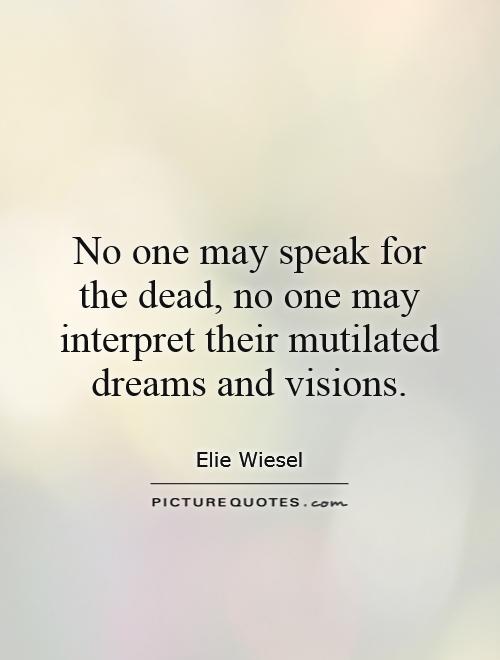
No one may speak for the dead, no one may interpret their mutilated dreams and visions
Elie Wiesel, a Holocaust survivor and Nobel laureate, is perhaps best known for his powerful memoir, "Night," which recounts his experiences as a young boy in the Auschwitz and Buchenwald concentration camps during World War II. Throughout his life, Wiesel dedicated himself to bearing witness to the atrocities of the Holocaust and ensuring that the voices of the victims were not forgotten.The quote, "No one may speak for the dead, no one may interpret their mutilated dreams and visions," is a poignant reminder of the importance of allowing the victims of such horrific events to speak for themselves. Wiesel understood the profound impact that the Holocaust had on those who lived through it, and he believed that their stories should be told in their own words, without the filter of interpretation or manipulation by others.
Wiesel's own experiences in the concentration camps shaped his belief in the power of individual testimony. He witnessed firsthand the dehumanization and brutality inflicted upon the Jewish people by the Nazis, and he knew that their stories needed to be heard in order to prevent such atrocities from happening again. Wiesel often spoke about the need to remember the past in order to build a better future, and he believed that the voices of the victims were essential in this process.
Throughout his life, Wiesel worked tirelessly to ensure that the memories of the Holocaust were preserved and that the voices of the victims were heard. He wrote numerous books, gave countless speeches, and advocated for Holocaust education and remembrance around the world. Wiesel understood that the survivors of the Holocaust were the true witnesses to the horrors of that time, and he believed that their stories should be honored and respected.
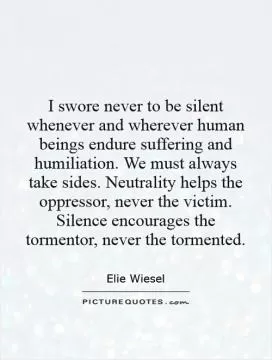
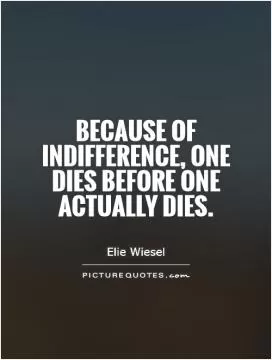


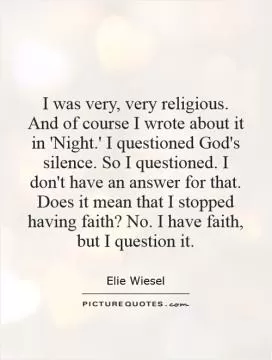
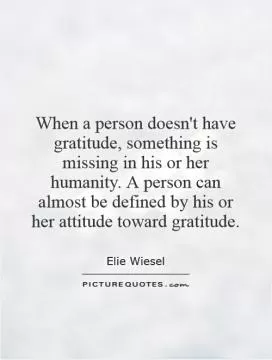
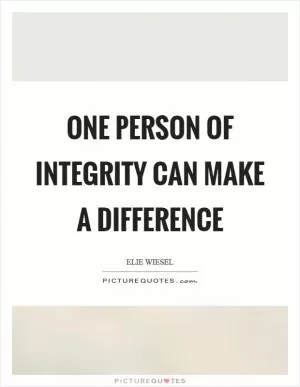





 Friendship Quotes
Friendship Quotes Love Quotes
Love Quotes Life Quotes
Life Quotes Funny Quotes
Funny Quotes Motivational Quotes
Motivational Quotes Inspirational Quotes
Inspirational Quotes